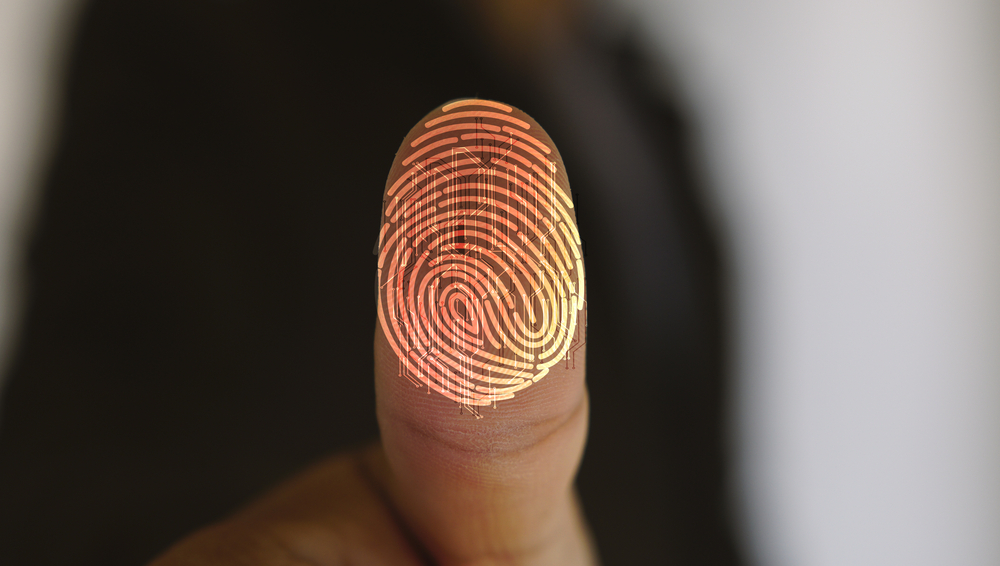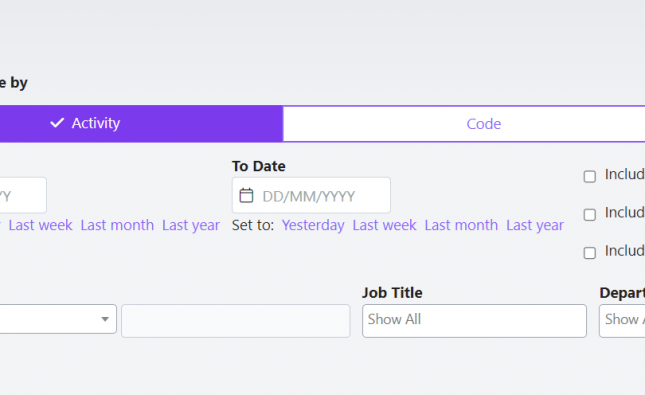This Mental Health Awareness Week, many of us will be giving our mental health more thought than ever before.
With COVID-19 bringing unexpected bereavement, health anxiety and worries about our physical and financial wellbeing well into the future, it can seem we’re being bombarded with stress from all angles. At the same time, many of the activities, hobbies and relationships we relied on to calm us down are no longer available due to the restrictions.
In this series of blogs we’re exploring the most common mental health issues, including something many people will be struggling with in these uncertain times: stress.
What does stress feel like?
Stress can be defined as “the degree to which you feel overwhelmed or unable to cope as a result of pressures that are unmanageable”.
COVID-19 and the lockdown have made many people’s lives considerably more stressful. Alongside the associated health anxieties, there has been a loss of physical contact with our wider networks of loved ones who can support us. Many of us are caring for children and juggling that with full-time work. It’s natural to feel stressed at this time – but how do you know when stress is becoming a mental health issue?
Signs that stress may be getting out of control include:
- Physical problems: If you’re getting minor illnesses such as colds more often, that can be a sign of stress wearing you down. Headaches and muscle pains may also suggest you’re under stress, especially if they’re happening more often than usual.
- Difficulty concentrating or making decisions: When we’re overwhelmed, it can feel impossible to function at our normal levels. If you’re anxious, struggling with motivation and finding it hard to continue your day-to-day tasks, your stress levels could be getting out of hand.
- Coping mechanisms: Most people use coping mechanisms of one kind or another to get through the harder parts of life. These can be healthy, such as exercise or a creative hobby. They can also be destructive, like drinking to excess regularly. With many of the usual routes to de-stress taken away because of the coronavirus, many are finding it harder to handle their stress.
The NHS website has a list of the signs of stress. It can be helpful to look out for these signs in ourselves and also in our loved ones. Stress can increase gradually so it can be quite severe before we even realise there’s a problem.
What helps with stress?
Even with extreme cases of stress, there are things you can do to control it. They won’t magically make the stress disappear (and it’s important to get medical attention if you think your stress is beyond your ability to cope with it), but they might make it easier to manage.
During this pandemic, self-care can seem like a luxury with all the other demands on our time. But it is in fact a necessity: we can’t look after others if we’re burnt out ourselves. Making time for yourself should be a priority, whether that’s taking time to read, indulge in a hobby or just to relax alone.
Keeping active is always a good antidote to stress. If you’re strapped for time, even a half hour walk can be beneficial. Reaching out to loved ones virtually, while not as good as the real thing, can be a great way to de-stress and take your mind off the causes. Likewise, there has never been such a need for volunteers. If it’s physically safe to do so, there may be opportunities to drop off supplies for local people in need who are self-isolating. The theme of Mental Health Awareness Week this year is kindness and spreading some kindness around in the form of volunteering can help our own mental health immensely.
Remember that if you’re stressed, you’re far from alone. In a 2018 study, 74% of people said they had felt so stressed they felt unable to cope in the previous year. Opening up to someone you trust can be the first step towards feeling better – and what better time than Mental Health Awareness Week?
Getting help
Please note that the information provided is for reference only and does not constitute medical advice. If you or someone you know is in crisis please visit this page for guidance.
Samaritans
Telephone: 116 123
Shout UK (Crisis Text Line)
Text Shout to 85258
Mind – the mental health charity
Your Mind Plan – interactive quiz with tailored suggestions from Every Mind Matters
https://www.nhs.uk/oneyou/every-mind-matters/your-mind-plan-quiz/
NHS – Mental Health and Wellbeing information
https://www.nhs.uk/conditions/stress-anxiety-depression/
The Mental Health Foundation – your mental health – information
https://www.mentalhealth.org.uk/your-mental-health



